Department of Linguistics
Indigenous Languages Group
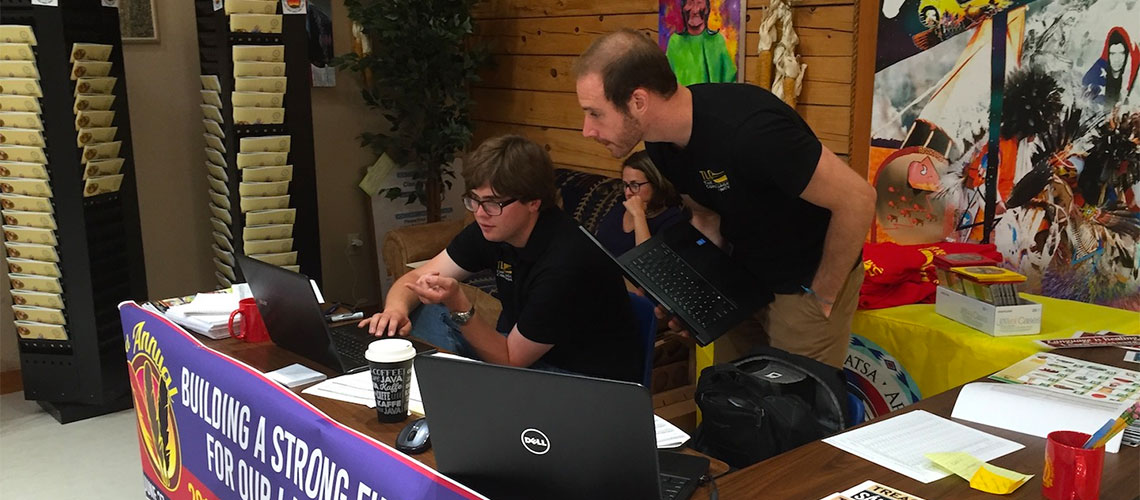
The Indigenous Languages Group (ILG) at California State University, Fresno, is a group of faculty in the department of linguistics working in the areas of documentation and revitalization of indigenous languages of the Americas. Current faculty include:
We are very lucky to work with a number of people who have allowed us to work with them on their amazing languages, all of which are endangered languages to varying degrees. Please see individual languages on this page for details. We are interested in your language and in ways we can help your community preserve it.
Check out our latest update: The community bilingual speaking Chukchansi-English dictionary (click to access).
Endangered Indigenous Languages
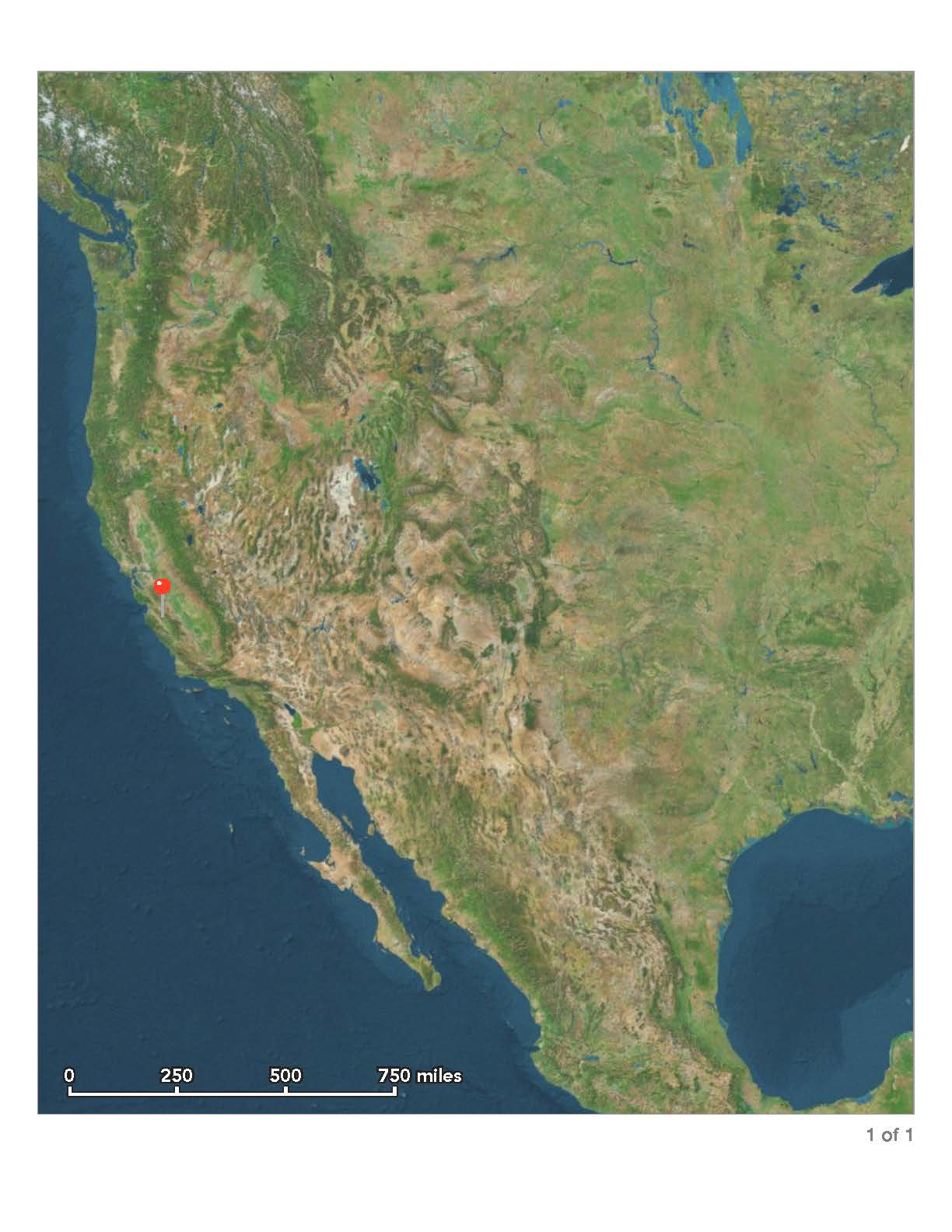 Chalon is a Costanoan language that was spoken east of Soledad, in today's San Benito
County, encompassing Pinnacles National Monument in Central California. ILG member
Charles Ettner has worked with the Chalon people seeking to develop resources to help
document and revitalize the language. Fresno State graduate student Nicole Dersimonian
wrote her MA thesis on Chalon phonology and graduate student Amanda Mewbourne is currently
compiling a dictionary for the tribe based on work by David Shaul.
Chalon is a Costanoan language that was spoken east of Soledad, in today's San Benito
County, encompassing Pinnacles National Monument in Central California. ILG member
Charles Ettner has worked with the Chalon people seeking to develop resources to help
document and revitalize the language. Fresno State graduate student Nicole Dersimonian
wrote her MA thesis on Chalon phonology and graduate student Amanda Mewbourne is currently
compiling a dictionary for the tribe based on work by David Shaul.
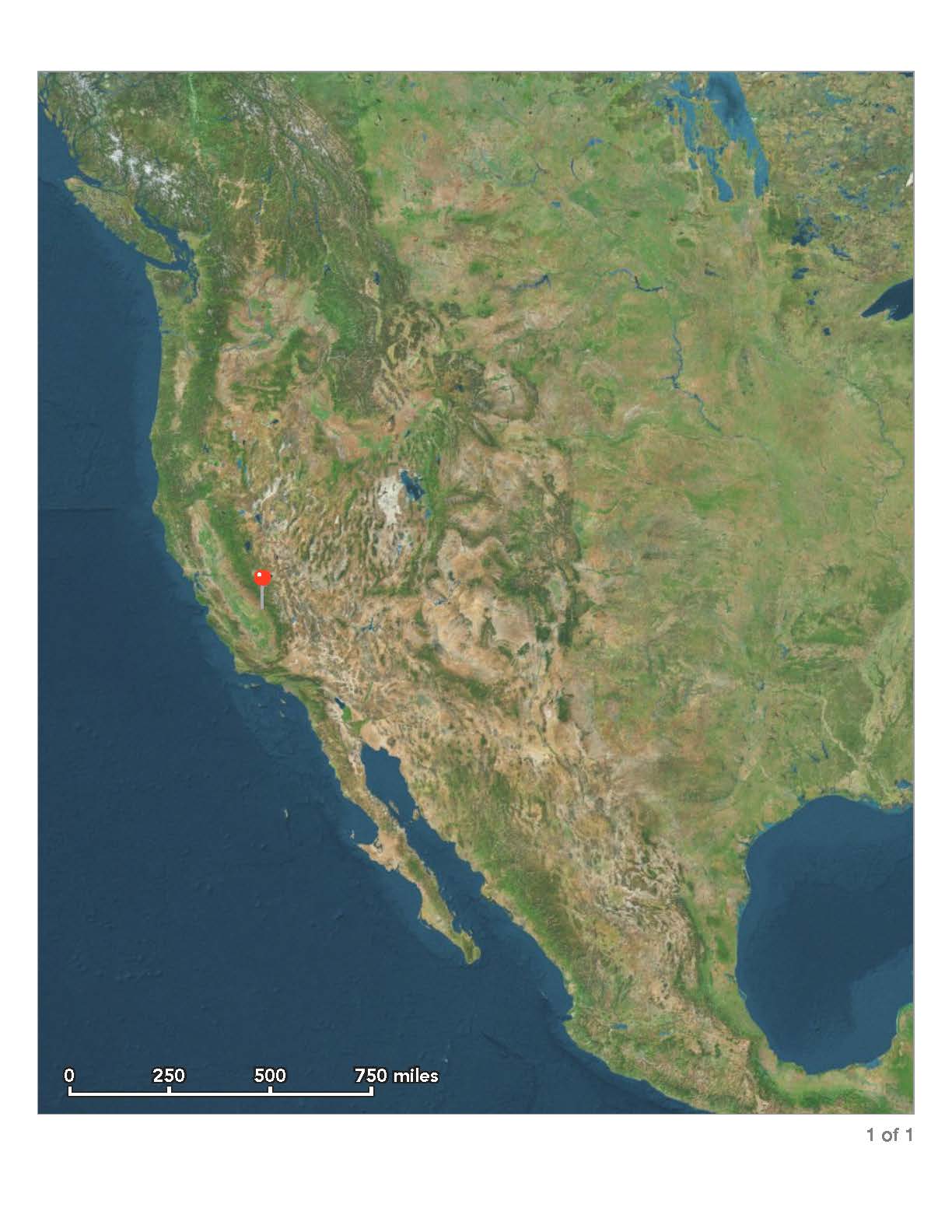 Nicole Agredano is active in the preservation of the Choinimni dialect of Yokuts.
She has worked closely with the late John Davis, who was a native speaker of Choinimni
and tribal elder. She currently works with the Chukchansi documentation and revitalization
group with data collection for the dictionary and grammar for both Chukchansi and
Choinimni.
Nicole Agredano is active in the preservation of the Choinimni dialect of Yokuts.
She has worked closely with the late John Davis, who was a native speaker of Choinimni
and tribal elder. She currently works with the Chukchansi documentation and revitalization
group with data collection for the dictionary and grammar for both Chukchansi and
Choinimni.
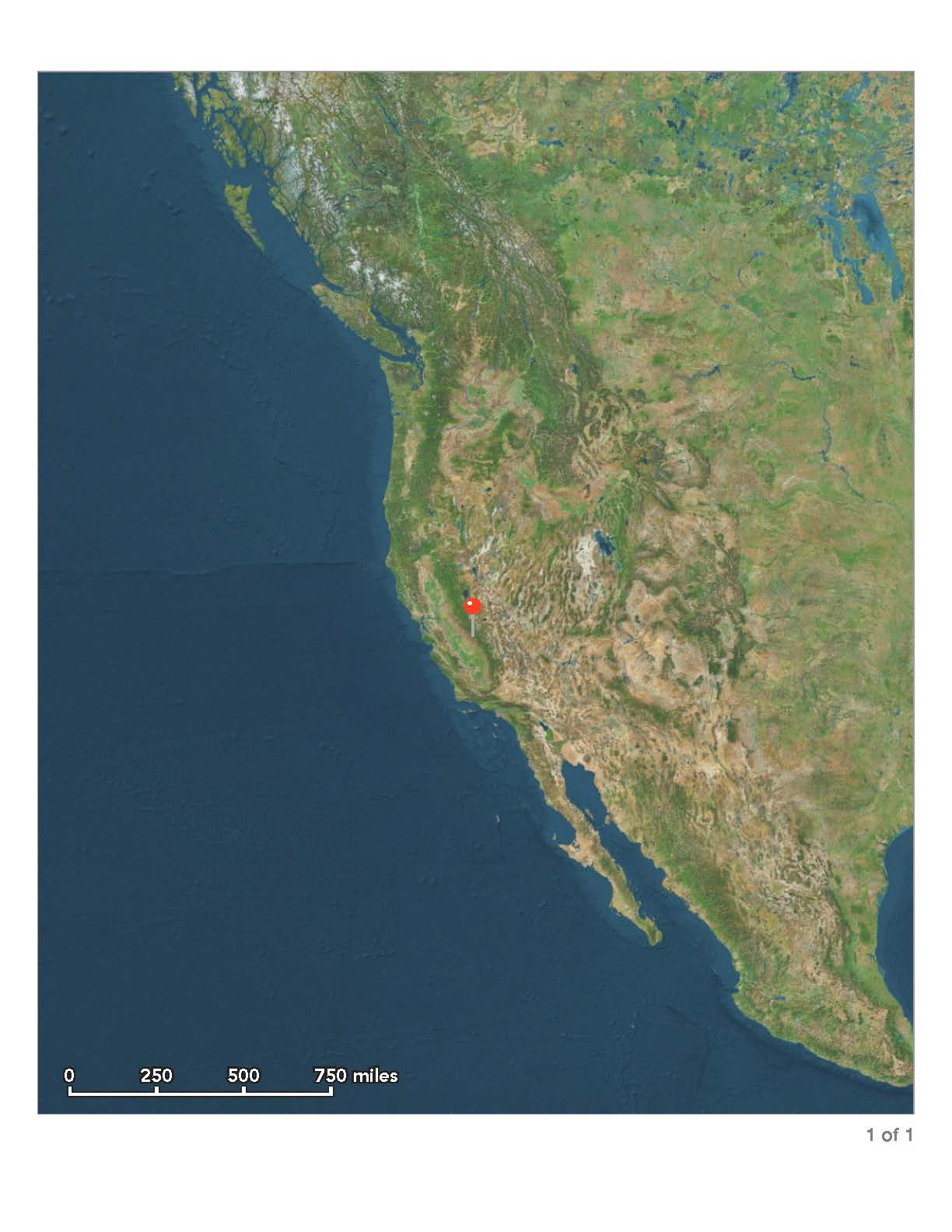 Jane and Holly Wyatt have been teaching their native Chukchansi Yokuts for over a
decade, with help from many members of the Picayune Rancheria. In June of 2009 they
founded the Chukchansi Yokuts Revitalization Project with other tribal members Kim
and Sam Lawhon and ILG members Niken Adisasmito-Smith, John Boyle, Brian Agbayani,
Chris Golston, and Charles Ettner. The project got a huge boost with a $1,000,000
grant from the Picayune Rancheria in early 2012 and with the addition of Shonna Alexander
and Nicole Agredano to the project.
Jane and Holly Wyatt have been teaching their native Chukchansi Yokuts for over a
decade, with help from many members of the Picayune Rancheria. In June of 2009 they
founded the Chukchansi Yokuts Revitalization Project with other tribal members Kim
and Sam Lawhon and ILG members Niken Adisasmito-Smith, John Boyle, Brian Agbayani,
Chris Golston, and Charles Ettner. The project got a huge boost with a $1,000,000
grant from the Picayune Rancheria in early 2012 and with the addition of Shonna Alexander
and Nicole Agredano to the project.
The results of this project include language class materials for children and adults, a collection of Chukchansi myths, the development of a community grammar, and a community bilingual Chukchansi-English dictionary (click for the most up-to-date version, which includes a speaking dictionary, Chukchansi story reader, Chukchansi word search puzzles, and links to educational videos for learning the Chukchansi language). These materials continue to undergo revision and expansion.
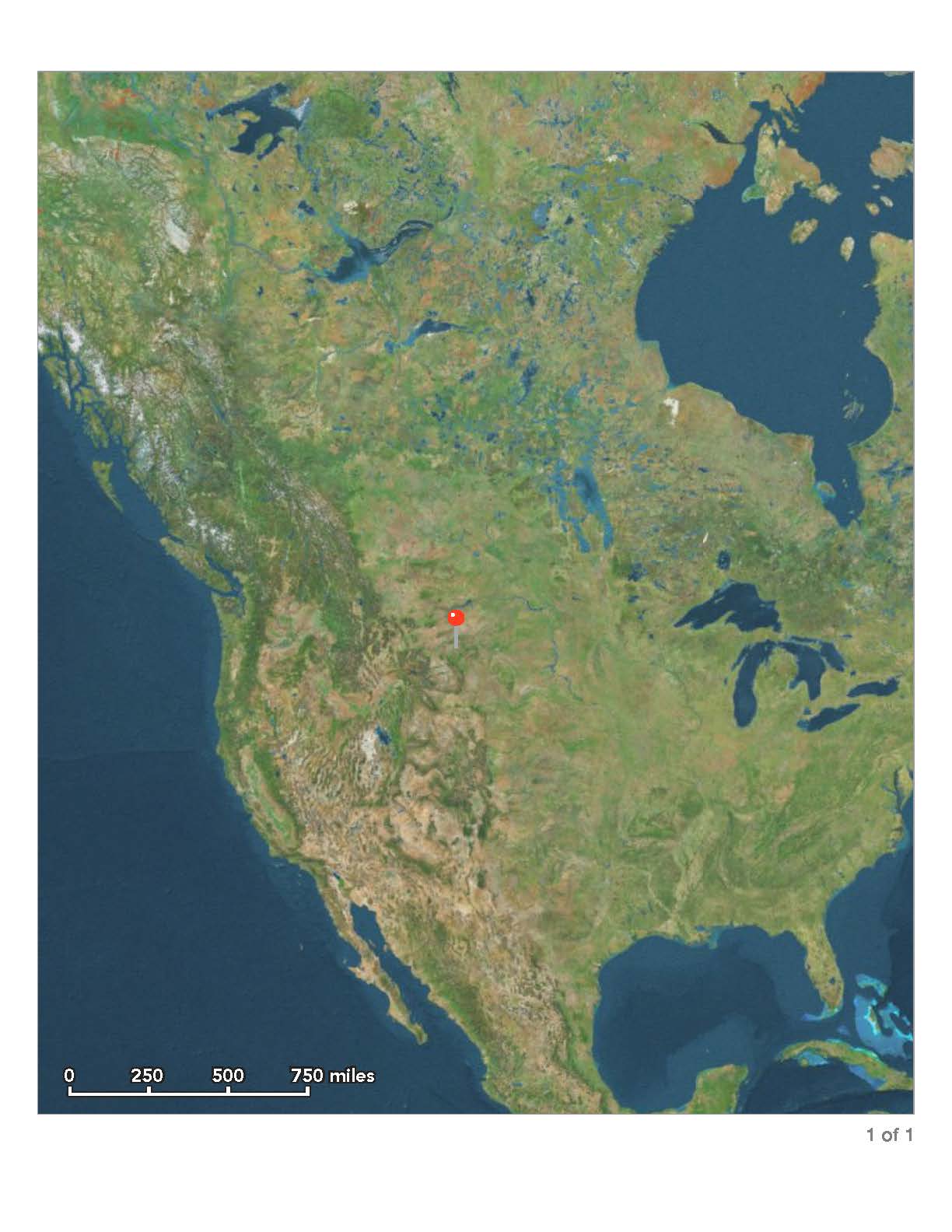 ILG's John Boyle is on the Board of Directors for The Language Conservancy, where he specializes in Crow and Hidatsa language programs and works on the TLC’s
Crow Curriculum Development Project. John, ILG's Chris Golston, and Fresno State
student John Simonian are working with TLC in summer 2015 during the Crow Summer Institute
at Little Big Horn College in Crow Agency.
ILG's John Boyle is on the Board of Directors for The Language Conservancy, where he specializes in Crow and Hidatsa language programs and works on the TLC’s
Crow Curriculum Development Project. John, ILG's Chris Golston, and Fresno State
student John Simonian are working with TLC in summer 2015 during the Crow Summer Institute
at Little Big Horn College in Crow Agency.
Here is an interview with John Boyle about the Crow Summer Institute (National Public Radio, July 31, 2016):
Crow Immersion Camp Hopes to Revive a Threatened Native American Language
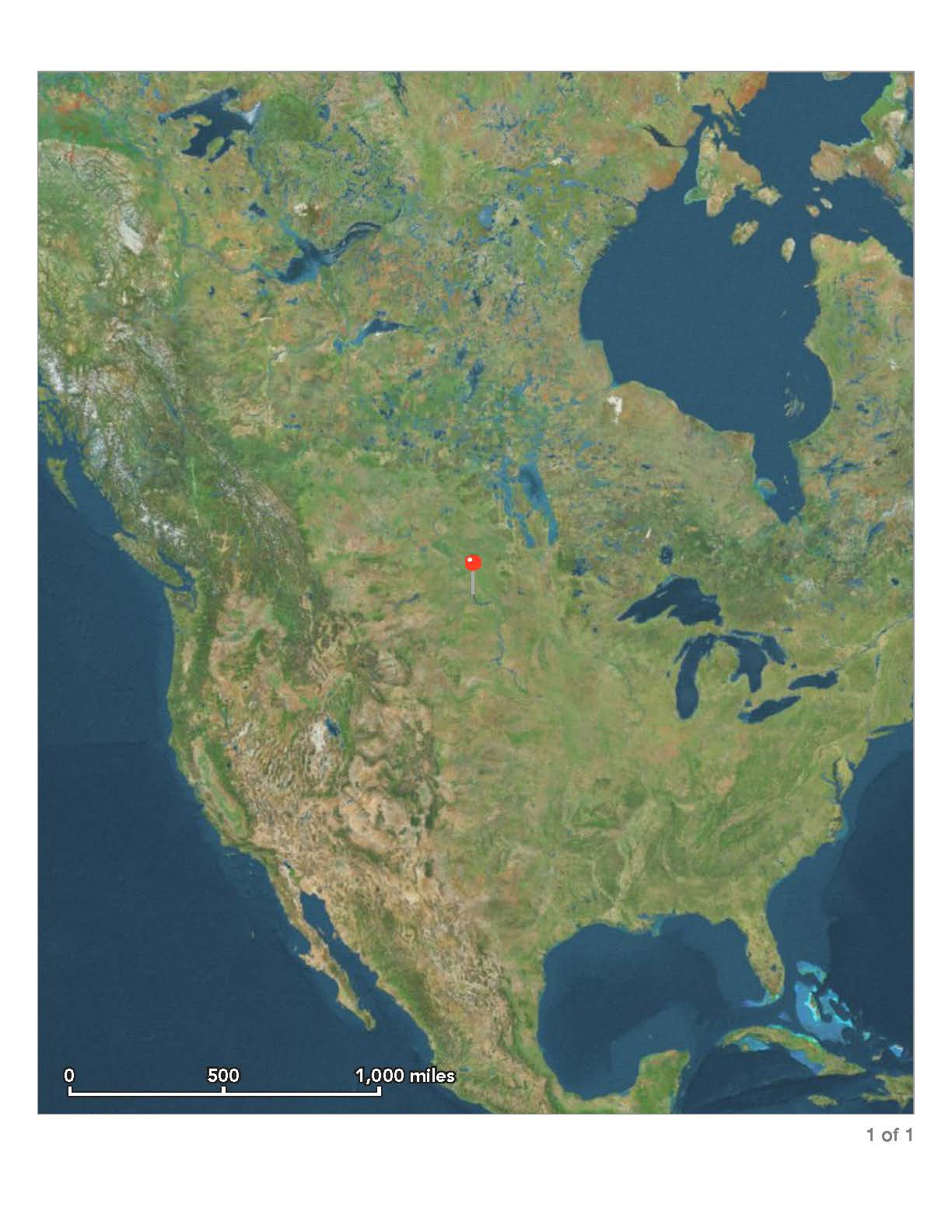 ILG's John Boyle is on the Board of Directors for The Language Conservancy, where he specializes in Crow and Hidatsa language programs. John and ILG's Brian
Agbayani are working on Hidatsa with The Language Conservancy in summer 2015 before the Mandan-Hidatsa-Arikara Summer Institute at Fort Berthold
Community College in New Town, North Dakota.
ILG's John Boyle is on the Board of Directors for The Language Conservancy, where he specializes in Crow and Hidatsa language programs. John and ILG's Brian
Agbayani are working on Hidatsa with The Language Conservancy in summer 2015 before the Mandan-Hidatsa-Arikara Summer Institute at Fort Berthold
Community College in New Town, North Dakota.
Rosa Constentina Leon is a native speaker of Ixpantapec Nieves Mixtec, an understudied Otomanguean language spoken in Oaxaca, Mexico. From 2016 to 2018 we worked with Rosa in both our undergraduate and graduate Field Methods classes. Over this time, we have elicited extensive word lists as well as short narratives.
Topics we have focused on include tone, echo vowels, moraic, and syllable structure at the phonetic and phonological level, as well as copula constructions, individual vs. stage level predicates, wh-movement and island effects, and the interaction of the animacy hierarchy and definiteness at the morphological and syntactic level.
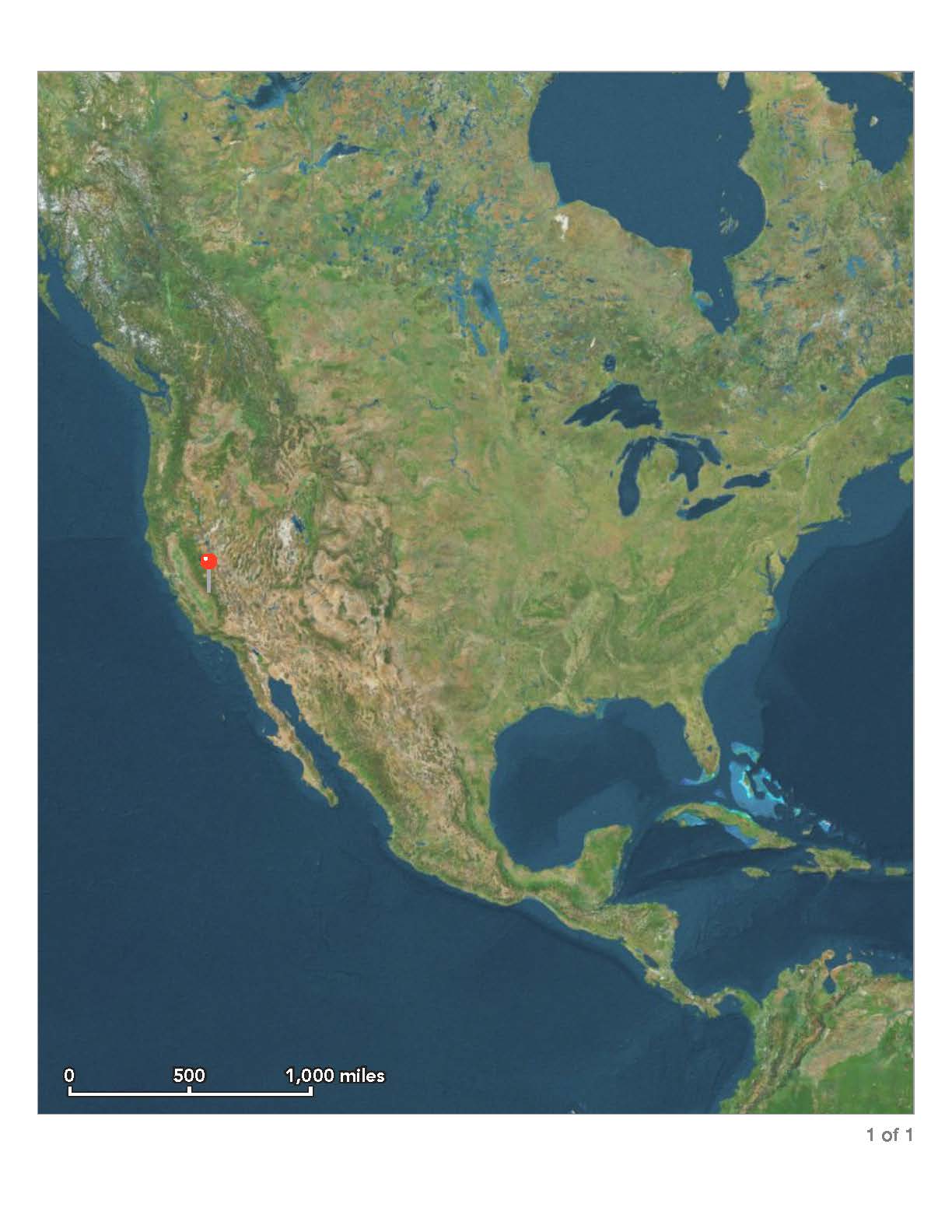 Carly Tex, a linguist from the University of Arizona, has been helping her Northfork
Mono elders document, revitalize, and teach Mono, a Uto-Aztecan language spoken on
both sides of the Sierra Nevadas of Central California (the map above shows Eastern
Mono) The Northfork Mono are developing a dictionary, and both they and the Big Sandy
Rancheria provide language classes. Fresno State graduate student Greg Defehr began
work on Mono with elders in July 2013 and continues that work in his PhD program at
UCLA.
Carly Tex, a linguist from the University of Arizona, has been helping her Northfork
Mono elders document, revitalize, and teach Mono, a Uto-Aztecan language spoken on
both sides of the Sierra Nevadas of Central California (the map above shows Eastern
Mono) The Northfork Mono are developing a dictionary, and both they and the Big Sandy
Rancheria provide language classes. Fresno State graduate student Greg Defehr began
work on Mono with elders in July 2013 and continues that work in his PhD program at
UCLA.
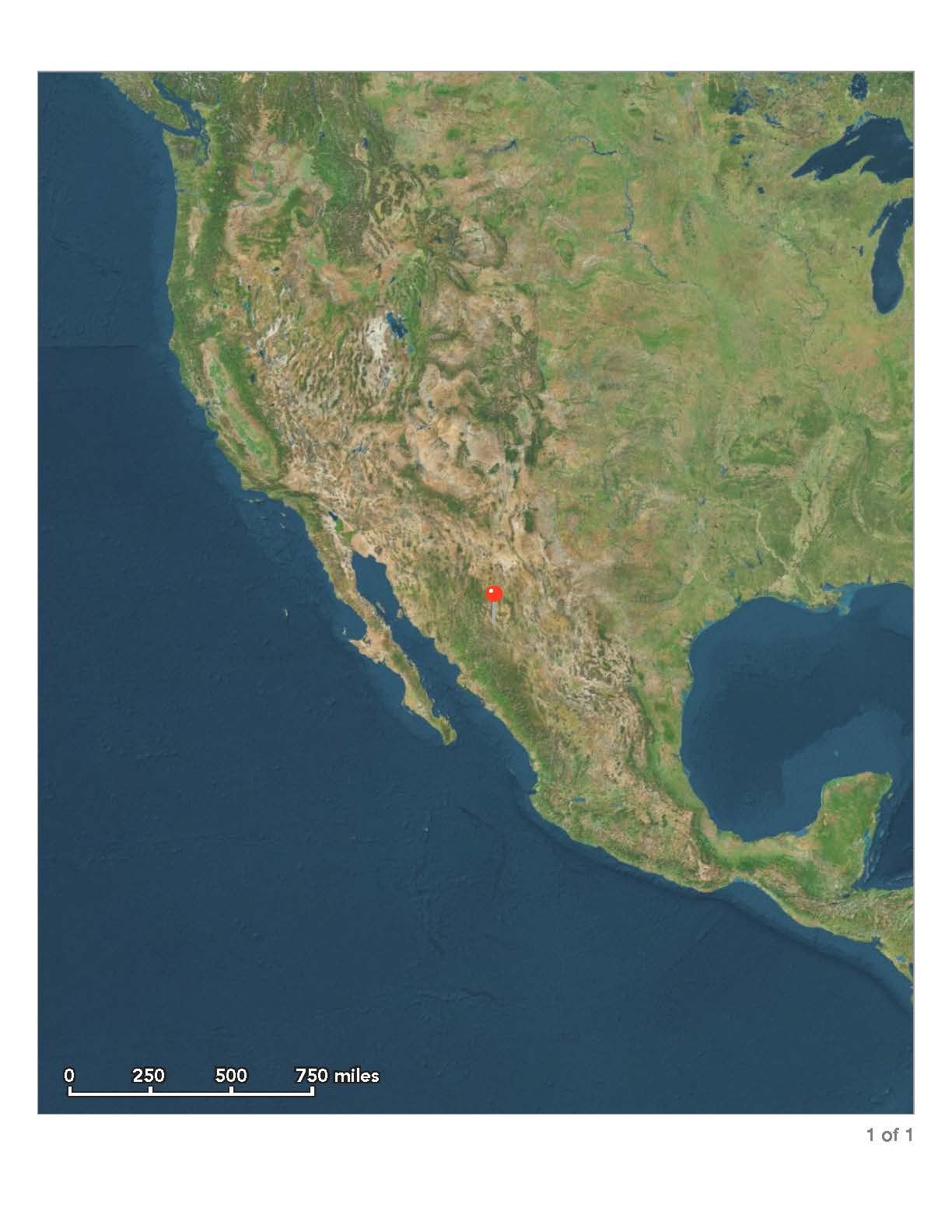 Mario Reyes began working with ILG's John Boyle in Spring of 2015, as the language
consultant for our graduate course in Field Methods. Graduate student Amanda Mewbourne
is now working with Mario on a joint project about Nahuatl phonology.
Mario Reyes began working with ILG's John Boyle in Spring of 2015, as the language
consultant for our graduate course in Field Methods. Graduate student Amanda Mewbourne
is now working with Mario on a joint project about Nahuatl phonology.
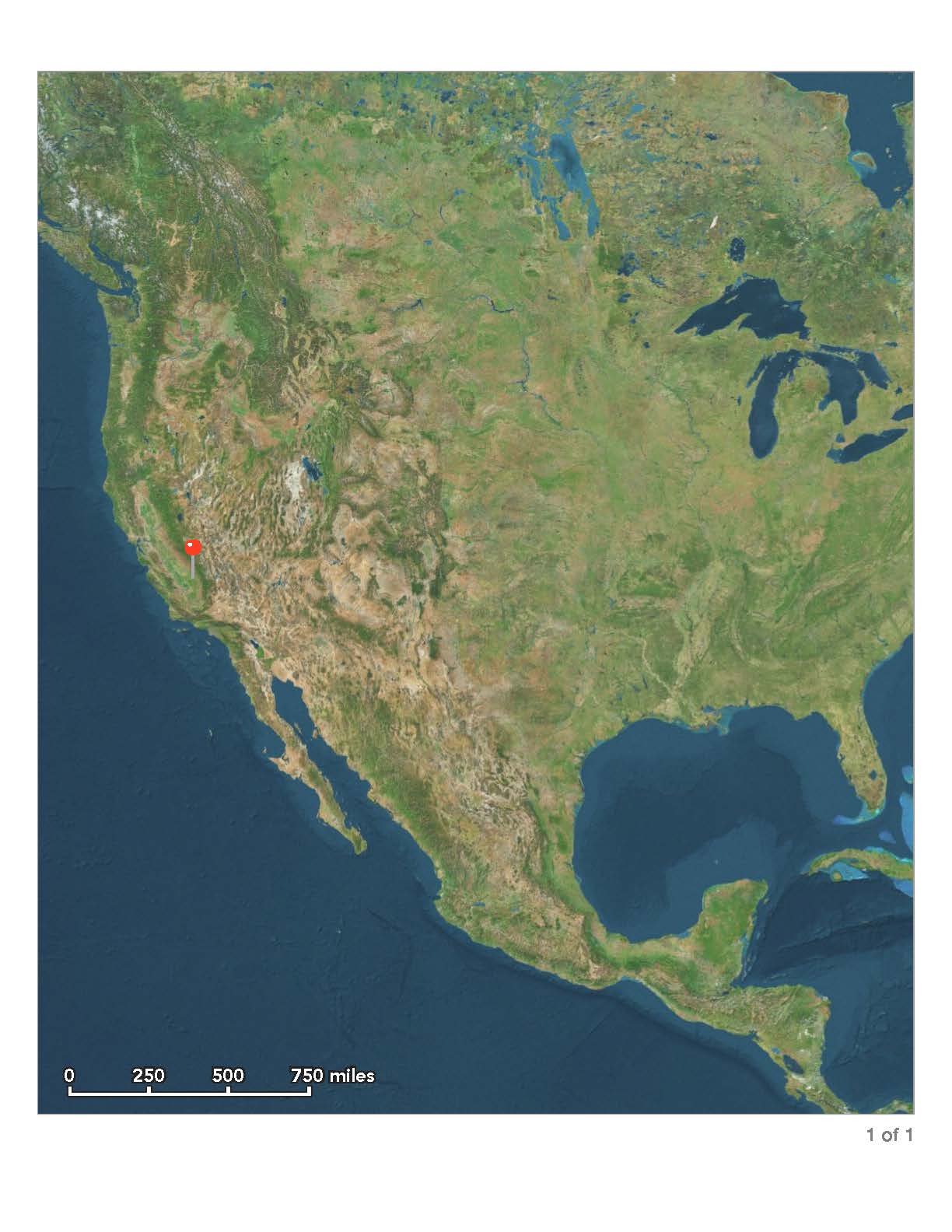 Marie Wilcox is a native speaker of Wikchamni (Wukchumni) Yokuts, spoken near Visalia,
California, Marie began work on a dictionary for the language some years ago with
linguist Bill Weigel. She now works on the dictionary with her daugher Jennifer Malone
and her grandson Donovan Treglown. ILG members Niken Adisasmito-Smith and Chris Golston
have been assisting the Wilcox family since early 2013.
Marie Wilcox is a native speaker of Wikchamni (Wukchumni) Yokuts, spoken near Visalia,
California, Marie began work on a dictionary for the language some years ago with
linguist Bill Weigel. She now works on the dictionary with her daugher Jennifer Malone
and her grandson Donovan Treglown. ILG members Niken Adisasmito-Smith and Chris Golston
have been assisting the Wilcox family since early 2013.
The ILG and the Wikchamni community have benefitted greatly from the help of Geoff Gamble and his 1978 Wikchamni Grammar. Geoff has generously allowed Fresno State MA student Heather McGrew access to his Wikchamni Lexicon, to help in writing her 2015 thesis on Wikchamni epenthesis (or the lack thereof).
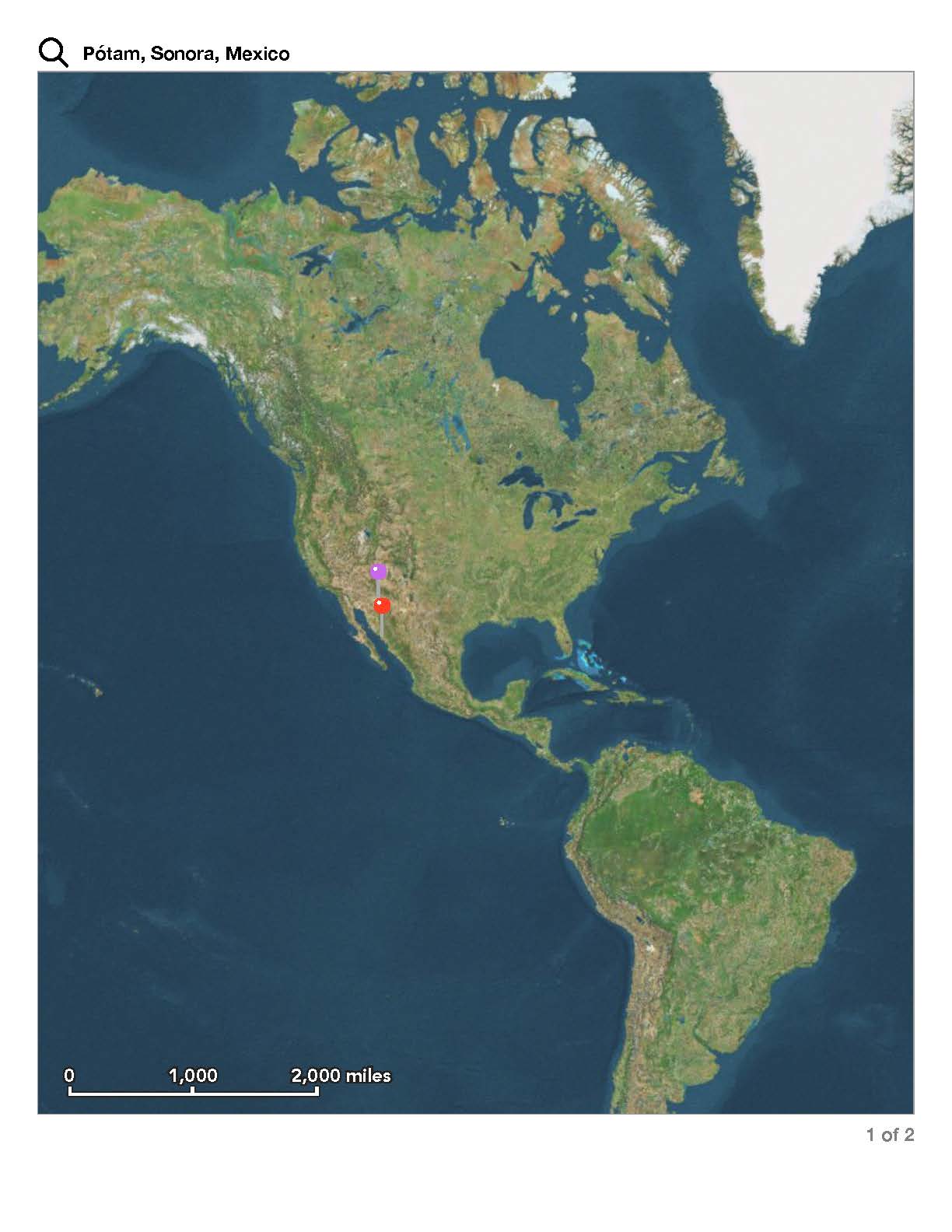 Guadalupe Valenzuela is a speaker of Yaqui (Hiaki), a Uto-Aztecan language with speakers
concentrated in Sonora, Mexico and in southern Arizona. She teaches Yaqui language
in Fresno and at the Owens Valley Development Center in Porterville, California.
Guadalupe Valenzuela is a speaker of Yaqui (Hiaki), a Uto-Aztecan language with speakers
concentrated in Sonora, Mexico and in southern Arizona. She teaches Yaqui language
in Fresno and at the Owens Valley Development Center in Porterville, California.
Through Guadalupe Valenzuela’s assistance in the Spring 2014 undergraduate field linguistics course at California State University, Fresno, ILG’s Brian Agbayani and students of linguistics have collected word lists, extensive notes on sentence structure, and recordings of word lists and Yaqui folktales. These materials are being provided to the Yaqui language learning community to assist with their materials development for Yaqui language education.